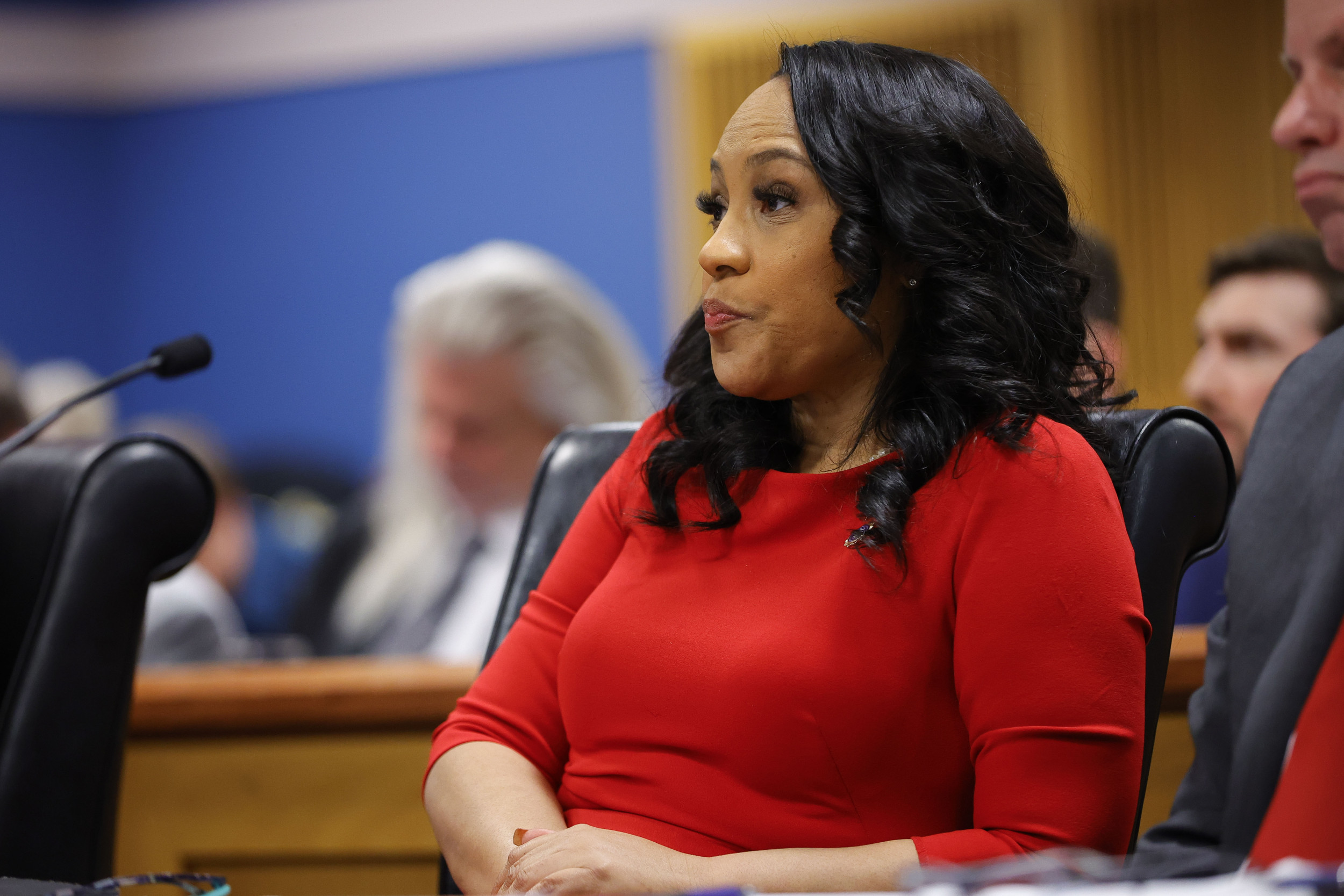National Journal's resident political sage, Ron Brownstein, has an interesting column out today about the near-historic unity of the congressional Democratic caucus. As regular Gaggle readers know, I've criticized Democrats in the past for their apparent lack of party discipline. But Brownstein has looked at the numbers and makes the case that Democrats are exhibiting similar party coherence to Bush-era Republicans. Here's Brownstein:
Today, Democrats face much the same electoral challenge as they did then: unyielding opposition from congressional Republicans and a growing grassroots conservative backlash. But after some wavering, Democrats this time have mostly responded by closing ranks, especially in the dramatic drive to complete health care reform. Democrats remain divided on immigration, climate change, and some other issues, but they have united enough to make this arguably the most productive legislative session for any Democratic president since Lyndon Johnson.The key to that success has been the willingness of Democrats elected by the same constituencies as Obama to bind their fate to his. The governing core of the party's House majority has been members elected from districts that Obama carried in 2008. House Democrats who represent such districts voted 199–8 for final approval of the Senate health care bill last month. Last year, they voted 201–1 for Obama's stimulus plan, 194–1 for federal tobacco regulation, 191–8 for financial reform, and 189–15 for climate-change legislation. The Democrats elected in districts that preferred Republican presidential nominee John McCain haven't supported Obama nearly as reliably, but Pelosi has corralled enough of them each time to pass the president's priorities.
In the Senate, the governing core is the 33 Democratic senators elected from the 18 "blue wall" states that have supported the party's presidential nominees in at least the past five elections. In 2009, these senators collectively recorded a stunning 97 percent party unity score on the index calculated by Congressional Quarterly. Around that axis, Democratic leaders have assembled shifting coalitions of Democrats from states that are more closely divided. On the most-momentous votes—the stimulus plan and the initial health care reform package—every Senate Democrat from either camp backed Obama.
Uncommon Knowledge
Newsweek is committed to challenging conventional wisdom and finding connections in the search for common ground.
Newsweek is committed to challenging conventional wisdom and finding connections in the search for common ground.
About the writer
To read how Newsweek uses AI as a newsroom tool, Click here.





